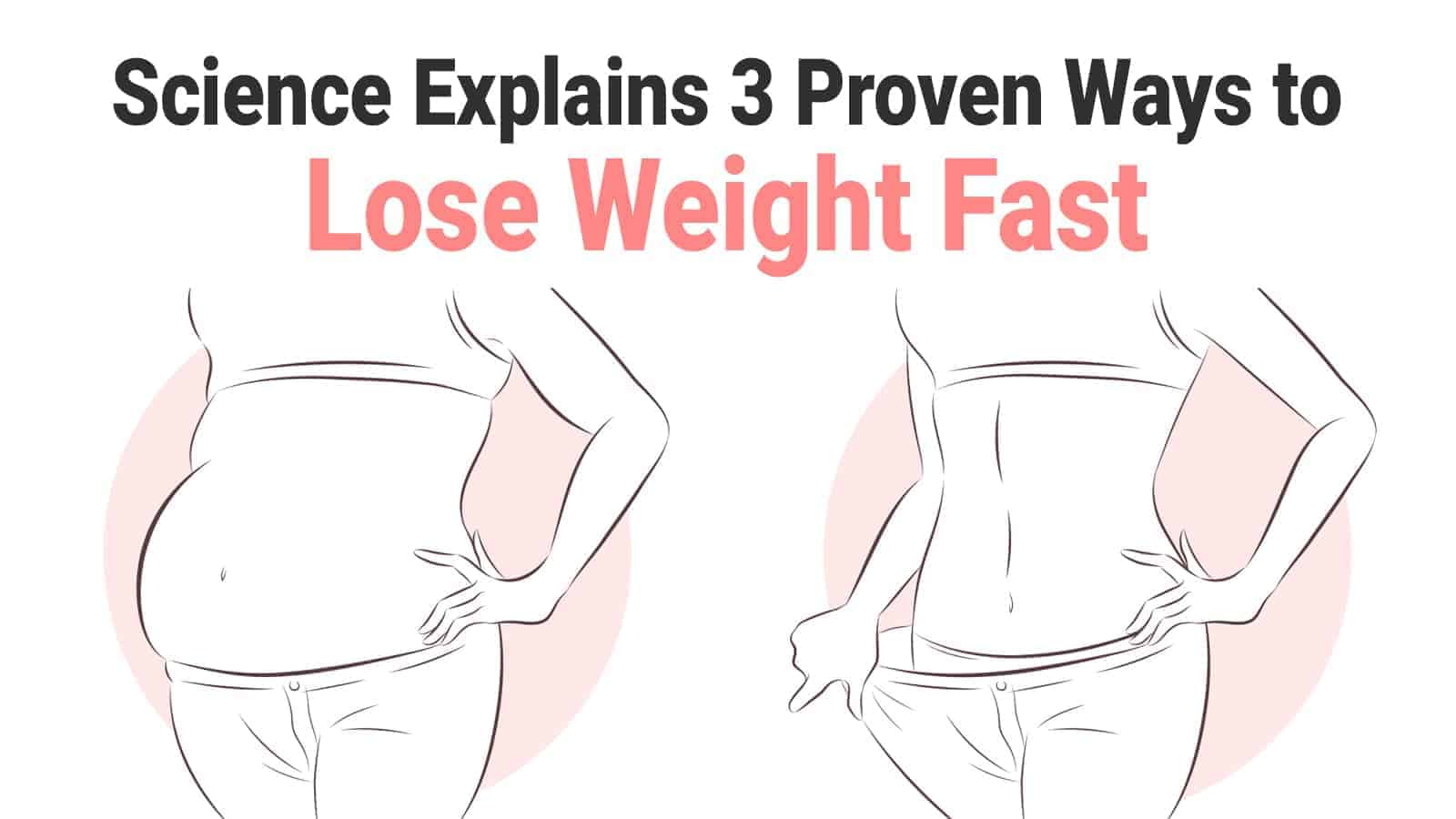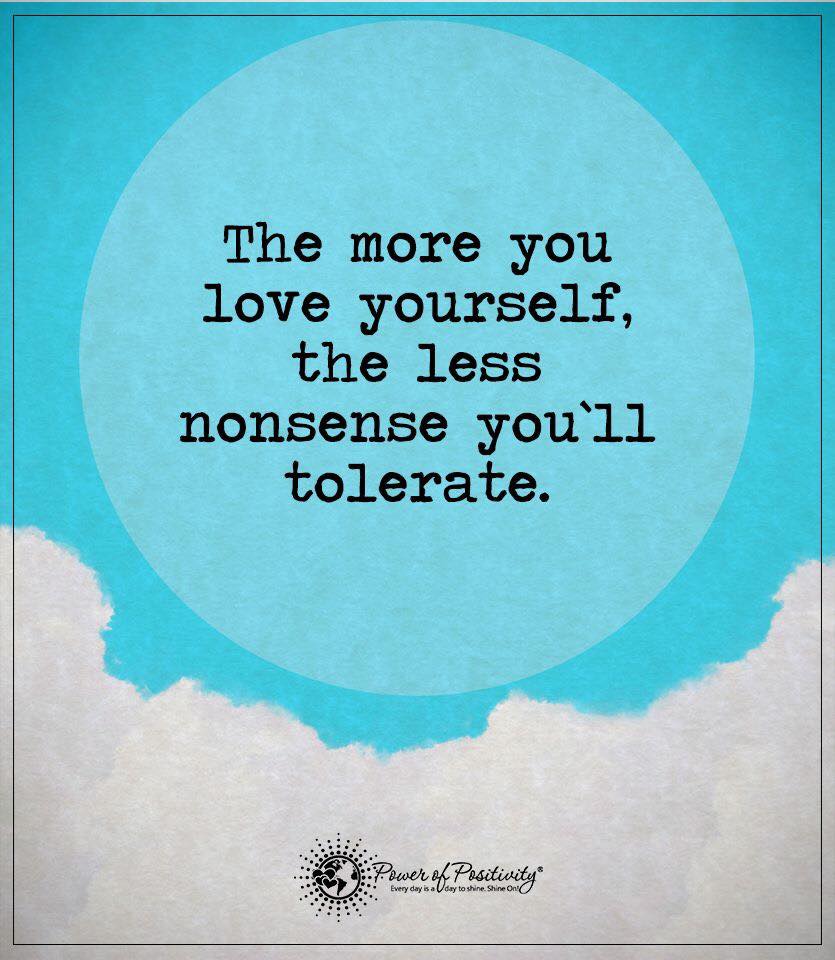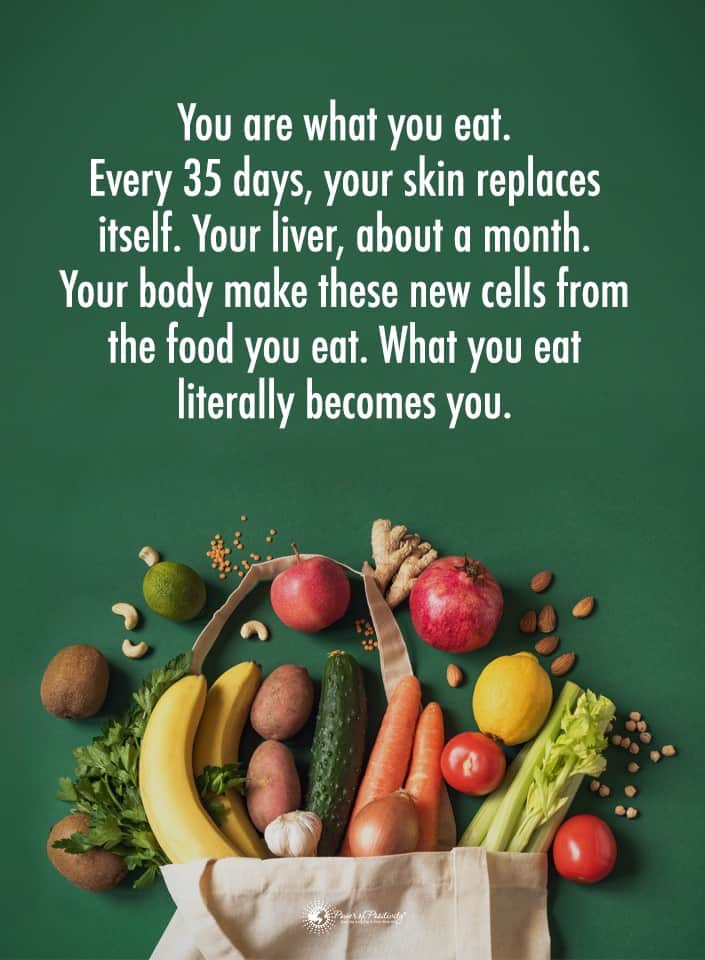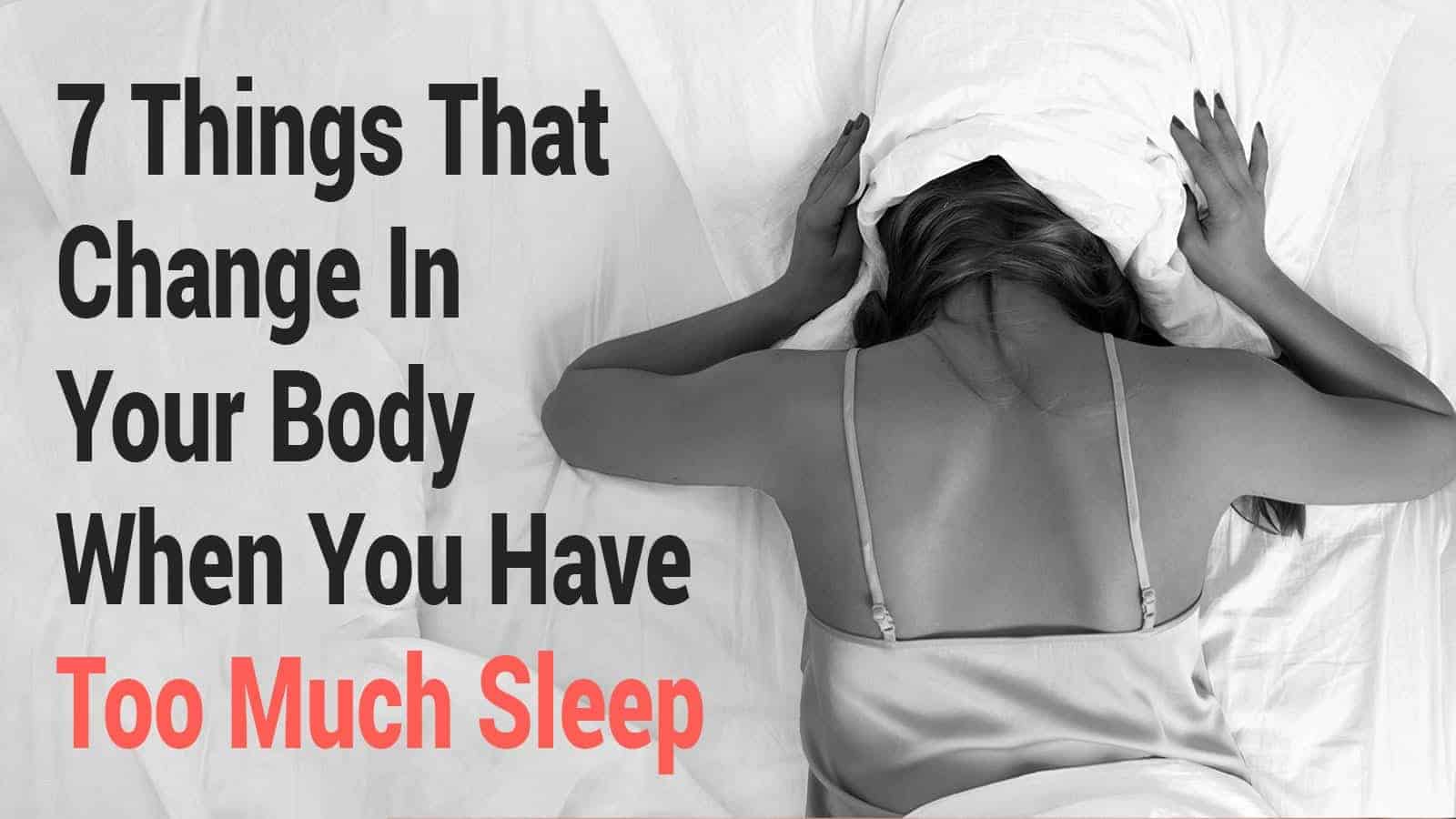People are always looking for quick and easy ways to lose weight. Unfortunately, the popular fad diets and “fast” weight loss methods don’t typically work as planned. Many times, the fast way isn’t the right way, and most people just end up gaining the weight back.
The fact is that weight loss, while it is a unique and individual experience for all, generally takes time. It requires permanent lifestyle changes that are focused on improving overall health. That’s why a lot of quick fixes don’t work; if they’re not continual habits, the weight will find its way back.
But this doesn’t mean that it’s impossible to lose weight at a fast rate in a healthy way. All this means is that to maintain those results, you have to keep performing those new habits. In order for this to work, your fast weight loss methods have to be sustainable and medically healthy.
Still, this is easier said than done. With so many options and so much information out there, it’s hard to know where to start and how to get the best results. To help you out, here is how science explains some proven ways to lose weight fast.
Science Explains 3 Proven Ways To Lose Weight Fast
1. Plan
Planning is crucial in ensuring healthy and effective weight loss. Many people make the mistake of believing weight loss is an easy, non-complex subject. Surely it’s just about calories, right? You just have to burn more calories than you consume, right?
Sadly, this is not how it works. Each human body is unique and has its own way of handling food processing, calorie-burning, and other efforts. In addition, some bad habits that spawn from a lack of planning can completely halt progress. Here are some areas to look out for.
a) Metabolic Rate
Metabolic rate is fairly important. It determines how adept your body is at converting food into calories and then into energy for the body to burn them off. Blindly cutting down on calories and winding up with a severe deficit is very bad for the body.
This act slows metabolism and puts you in starvation mode, which prompts your body to pile on and store fat. On top of that, doing so will also mean you don’t get the necessary amount of nutrients to begin with, which will really slow your metabolism down as your body scrambles to make up for what it lacks.
b) Calorie Intake
The amount of calories you need to eat to achieve your goals is often an exact science. It’s just about figuring out what your needs are so you can find the right figure. This is based on things like your weight, activity levels, and any health conditions you have that may prove to be a hindrance.
We’ve touched on this briefly when discussing metabolic rates, but eating too few calories is bad for you and can actually cause more weight gain. You should never consume less than 1,200 calories in any one day, no matter how much weight you want to lose.
At the same time, not planning and tracking your calories at all and going over your limit means you’ll never lose any weight. It’s about finding the right balance!
c) Eat Mindfully
When you don’t plan your meals, you don’t have a set time to sit down and focus on nothing but eating. It also means a more rushed effort to find easy-to-make foods (which often aren’t very healthy).
If you tend to eat while in a hurry, you’re likely to wind up not being aware of what you eat. You’ll grab chips to sit in front of the TV. You’ll eat well past feeling full if you’re on your computer the whole time. Or you’ll pick up a burger so you can eat it while rushing downtown.
Your best bet is to sit at a table while eating and focus on the food at hand. Try not to do anything at the same time that could distract you and cause you to overeat. Chew slowly so you have time to register when you get full. Planning meals in advance will also allow you to handpick foods made with healthy nutrients – obviously more positive for you all around.
2. Diet
Diet is the most important part of losing weight. Skip the fad diets, restrictive meal plans, and expensive (and dangerous) meal replacement smoothies. Instead, opt for sustainable diet changes that you’ll be happy keeping up for the rest of your life. Here are some places to start.
a) Reduce portions
Cutting your portions in half will provide you with lots of leeways. It can be tough but eat more slowly and you’ll feel full a lot faster. You can also drink a glass of water before and after your meal to enhance fullness.
b) Be smart about carbs
You need to eat carbs to get energy, fiber, and satiety. But you need to pick and choose them correctly. Opt for carb options with low glycemic index figures. Whole grains are much better than refined ones, for example, in terms of nutritional value.
c) Go for lean protein
Proteins boost your body’s calorie-burning capabilities, as your body expends more energy-burning them as opposed to fat or carbs. Lean proteins are a great option compared to red, fatty meats as they have fewer calories. Options include:
- Whitefish
- Chicken breast
- Other poultry
- Dairy
- Nuts
- Soy
- Beans
d) Eat more fiber
Fiber keeps your digestive system healthy, allowing your body to expel waste material efficiently so you don’t build up fat. You can get lots of fiber from most plant-based foods! Adding more fiber to your diet is definitely one of the proven ways to lose weight fast.
e) Learn to appreciate fat
People and companies have made everyone feel guilty for eating any kind of fat for years. While trans fat is definitely bad for you, lots of healthy polyunsaturated or monounsaturated fats exist – and they’re immeasurably good for you.
f) Stop drinking carbonated drinks
The act of drinking doesn’t stimulate your body’s digestive system, so you can’t break down the components in these already unhealthy foods. They’re packed with sugar, dehydrate you, and don’t make you feel full. Some research even suggests that zero-calorie, no-sugar sodas still may boost hunger drive due to artificial sweeteners.
g) Drink less alcohol
Just one gram of many alcoholic beverages provides a shocking 7 calories, which is more than most types of proteins and carbohydrates. Plus, it means you’re more likely to binge on junk food later. It also lowers sleep quality, which in turn reduces energy the next day and makes you hungrier.
h) Eat fermented foods
These foods may have acquired tastes, but they’re packed with probiotics which help your digestive system. They’re great for boosting positive bacteria growth, and many are known for combating obesity in many forms, especially in women. Here are some examples of fermented foods.
- Yogurt
- Sauerkraut
- Tempeh
- Kimchi
- Miso
- Kefir
i) Eat vegetables low in carbs
Veggie carbs are healthy ones, but if you’re eating carb-filled vegetables and standard carbs too, you’re going to wind up suffering from the excess. Here are some great, delicious vegetable options that are low in carbs:
- Spinach
- Broccoli
- Cabbage
- Cauliflower
- Kale
- Lettuce
- Cucumber
- Tomatoes
- Swiss chard
- Brussel sprouts
3. Lifestyle
Much of a successful weight loss plan involves long-term lifestyle changes. They’re definitely some of the most difficult parts of these efforts to commit to, but they provide amazing benefits. Here are some ways you can alter your lifestyle in order to lose weight fast.
a) Exercise Moderately
Exercising can help the body burn off excess calories. This keeps the body fit and healthy, boosting overall energy levels and positive thinking. It’s worth noting, though, that in terms of a “fast” weight loss option, it may not be as effective; many people actually put on an extra pound or two when they first start working out.
Do note that exercise can also lure you into a false sense of security, causing you to eat more when you’re tired and basking in the post-workout glow. Make sure you’re balancing your calories well when you start exercising!
b) Lift Weights
Weight-lifting at the gym is a great way to burn off calories, speed up your metabolism, and enjoy a positive weight loss experience more quickly. Do note, of course, that muscle mass is heavier than fat. If you do this, pay less attention to the scale and more to how you look and feel!
c) Sleep Better
Studies have found a lot of links between obesity and a lack of sufficient sleep. There are a lot of possible reasons for this, but it’s likely due to the metabolism slowing down so you can conserve energy and function without the restorative sleep you need.
A lack of sleep also increases the production of the stress hormone cortisol, which triggers the storage of fat in the body and makes it hard to lose weight fast. It also stops hormones that suppress the appetite from functioning properly. As a rule, you should try and get between 7 and 9 hours of sleep every night in order to be well-rested.
d) Learn To Manage Stress
Stress causes excessive cortisol production, which causes your body to store fat in order to keep you full. This hormone also tells your body that you need more glucose, making you crave carbs and sugars, so you’re likely to eat unhealthy foods.
There are plenty of ways to manage stress, including through meditation, journaling, social activity, taking time for self-care, and even speaking to a therapist. Life is definitely stressful, but when that starts becoming a hindrance to a healthy life, something has to be done about it.
Final Thoughts On Some Proven Ways To Lose Weight, According To Science
The road to long-term, healthy weight loss is paved with bumps and sharp turns. But if you arm yourself with the right knowledge, you’ll get into gear quickly and with clear results from the get-go.
Of course, not all weight loss methods work for everyone. It takes patience and time to find a combination that works for you. But by using these 3 proven ways to lose weight fast, you’ll be on your way much more quickly.
Remember, you should always speak to a doctor before opting to begin a new diet, lifestyle change, or health-related regimen! While these methods are sure to have positive effects on all people, their overall effectiveness, and the specifics, will vary from person to person. Don’t be afraid to experiment!
















 Community
Community

